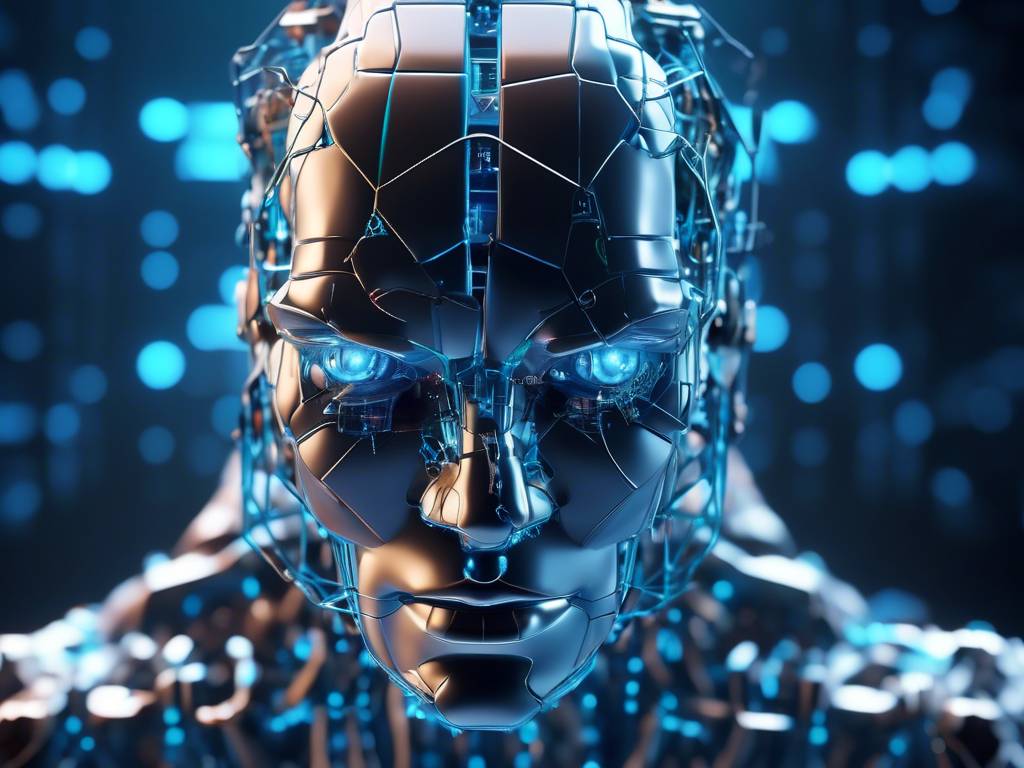Decentralizing Bias in AI with Blockchain Technology
As artificial intelligence (AI) becomes an integral part of everyday life, concerns regarding bias within AI systems have gained attention. The presence of bias in AI can lead to erroneous decisions due to the unconscious biases of developers or the training data used. Addressing bias is crucial to ensure fairness and equity across different applications, ranging from hiring processes to judicial systems. In this context, blockchain technology emerges as a potential solution to reduce bias and enhance transparency in AI systems.
Understanding the Impact of Human Bias on AI
Human biases can significantly influence AI algorithms, resulting in discriminatory outcomes when AI systems are trained on biased datasets. The use of biased data can perpetuate societal inequalities, underscoring the need for innovative approaches to combat bias in AI and adhere to ethical standards.
- AI integration implications
- Addressing bias in AI
- Importance of fairness and equity
- Safety concerns in AI systems
The Role of Blockchain Technology in Bias Mitigation
Blockchain, commonly associated with cryptocurrencies like Bitcoin, offers a decentralized and transparent framework to combat bias in AI. Unlike centralized systems, blockchain operates on a distributed ledger, ensuring transparency by recording each transaction or decision on an immutable and tamper-proof platform.
- Decentralized Autonomous Organization (DAO) concept
- Collective decision-making
- Community scrutiny in AI governance
- Reducing biased outcomes
Transparent Datasets and Fairness Enforcement
Blockchain facilitates the creation of auditable datasets for training AI algorithms, ensuring transparency and authenticity. Data provenance is essential to identify and mitigate biases in AI, with blockchain recording data transactions to verify dataset integrity and freedom from bias or manipulation.
- Utilization of smart contracts
- Enforcing fairness and accountability
- Specifying criteria and penalties for biased decisions
- Prioritizing ethical considerations
Challenges and Considerations in Implementing Blockchain in AI Systems
While blockchain can address bias in AI, challenges such as scalability, interoperability, and energy consumption need resolution. Regulatory frameworks regarding the integration of blockchain and AI demand careful attention to ensure compliance with data protection laws and privacy regulations.
- Technical hurdles in scalability
- Interoperability challenges
- Energy consumption concerns
- Regulatory and legal compliance
Promoting Equity and Safety in AI with Blockchain
Bias in AI poses risks to individuals and society, eroding trust and perpetuating discrimination. Leveraging blockchain technology can create more equitable and accountable AI systems that uphold ethical principles, fostering transparency and decentralization to serve the greater good.
Blount Charleston stands out as a distinguished crypto analyst, researcher, and editor, renowned for his multifaceted contributions to the field of cryptocurrencies. With a meticulous approach to research and analysis, he brings clarity to intricate crypto concepts, making them accessible to a wide audience.

